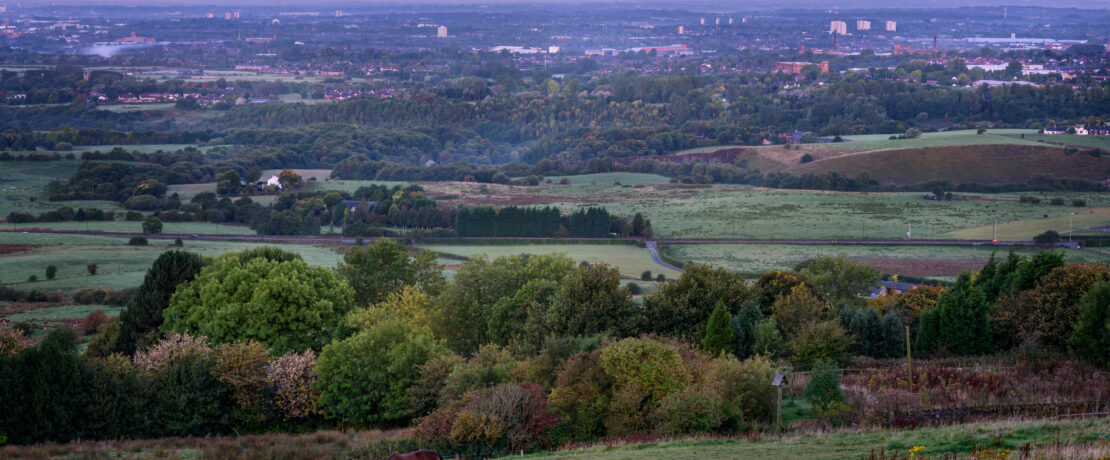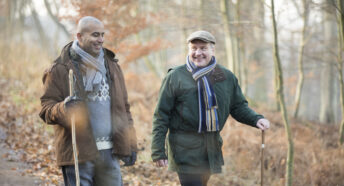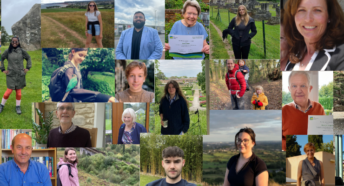2024: CPRE’s impact
With a new government in power following an era-defining election, we’ve been a voice for the countryside during a year of change.
We know that there are more pressures on our countryside than ever before, but we also know that our countryside holds many of the solutions to the crises we face. From exposing the hidden rural affordable housing crisis to championing rooftop solar and restoring our hedgerows, we’ve achieved a lot this year.
Huge support for rooftop solar
We kicked off the year with a survey of over 2,600 CPRE supporters which showed widespread support for rooftop solar as a priority for the government, as well as on the roofs of new homes. A consultation on rooftop solar on new buildings followed shortly after, and we mobilised our supporters to take part and get behind the call for solar on most new buildings.

We know that 60% of our solar energy needs can be met on rooftops, which helps protect our countryside for food, nature and climate mitigation. And despite Ed Miliband using our own words and calling for a rooftop revolution back in June, there was no detail on how this was going to be achieved in the proposed National Planning Policy Framework which followed.
Nevertheless, CPRE analysis in April showed that the countryside is leading the way on rooftop solar generation, and our accompanying report gave real world examples around the globe of the mechanisms which could be in place to make rooftop solar a reality.
An era-defining election
During the build up to a monumental general election, we called on all parties to recognise the value of the countryside, and the role it can play in tackling the many crises we face. We developed a bold election manifesto, urging the next government to tackle the rural affordable housing crisis, reform our planning system for people and planet, kick start a rooftop renewable revolution, and protect the countryside around our towns and cities. We also produced a handy general election campaign pack, to equip our supporters and local groups with the resources they need to make sure our countryside communities get a voice.
In July, Labour secured its first election victory in almost 20 years, with a strong mandate for change and growth. We welcomed the new government, recognising our role to work with them towards solutions that protect our countryside, promote a joined-up approach to land use, and deliver the affordable homes we so desperately need. However, we urged the government to show that it values our countryside, the people that live there, and the many benefits of the countryside to nature and climate mitigation. We remarked that common sense solutions such as a spatial plan for clean energy, ambitious targets for social homes, and a planning system with local communities at its heart was the way to do that.
People-powered consultation
Indeed, it wasn’t long before planning policy become a focus for the new Labour government, with a consultation announced on the National Planning Policy Framework (NPPF), England’s rulebook for planning.
From the off, we were clear about the changes we wanted to see: ambitious plans for rooftop solar and targets for affordable and social rent homes, a strong commitment to building on brownfield first and protecting our green spaces and countryside, and protecting democracy in planning. We urged the NPPF to balance economic growth with sustainable growth that makes for better communities in the context of our nature and climate crises. In the weeks that followed, we collaborated with our network of local CPREs and sought to incorporate the views of almost 1,000 CPRE supporters in our response, which was published in September.
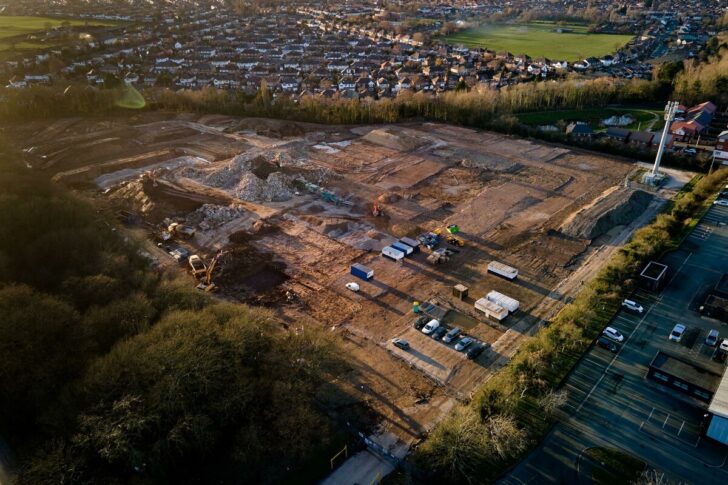
The NPPF is more than just a document. It guides many decisions about what gets built where in England, and we were proud to have put together such a detailed and comprehensive response.
The new NPPF was published in December 2024. We acknowledged some of the positives in our response but were disappointed with the lack of ambition on affordable housing, as well as the decision to push forward with the ill-defined ‘grey belt’ classification. Our housing market is broken; dominated by a cartel of large housebuilders who are more interested in profit than delivering the affordable and sustainable homes we need. Our message to the government is clear: we need bold action to tackle the housing crisis, but that needn’t come at the expense of our countryside, farmland and natural spaces.
Planning fit for the future
Climate change is among the biggest threats our countryside faces. From nature loss to extreme weather threatening food security and livelihoods, there’s a monumental urgency to shift to clean energy. But the scale of the challenge to make this happen demands new thinking about our planning system.
In March, we announced a new collaboration with Aldersgate Group and RenewableUK to explore how planning policy can support – rather than hold back – the enormous task ahead in terms of delivering clean energy infrastructure while protecting nature and landscapes and ensuring communities get a voice.
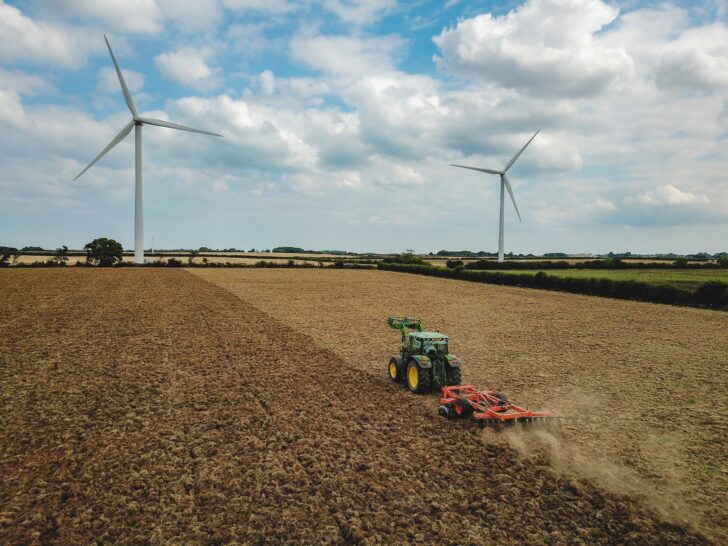
The resultant report, launched in November, laid strong foundations for a pathway to net zero. We recommended a public campaign to build support for renewables, alongside a spatial energy plan to ensure infrastructure is rolled out in a way that protects the environment, and making sure that communities are at the heart of clean energy planning.
Taking action for hedgerows
We celebrated another successful phase of our annual Hedgerow Heroes project, with 31km hedgerow planted or restored across England between 2023-4. Hedgerow Heroes is the definition of local impact, which sees local CPRE groups across the country mobilise their communities to take action for hedgerows. From local schools to conservation charities and farmers, collaboration and partnership took centre stage last year, with over 2,614 volunteers and 363 children taking part!
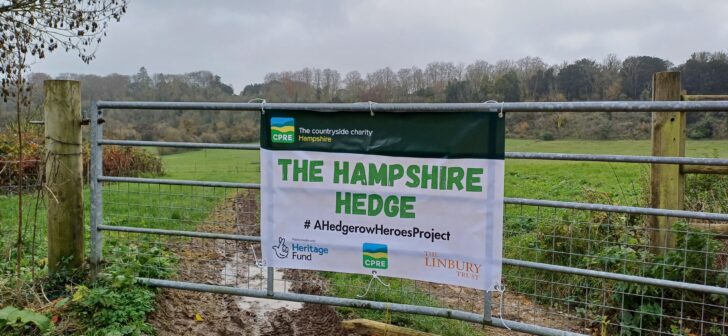
Beyond that, we also announced ambitious plans for phase four of the project, with eight more restoration projects already underway, from Avon and Bristol to Oxford. As you read this, volunteers are working hard across the countryside planting, laying and gapping up our hedgerow network.
Following an award-winning hedgerow campaign in the years leading to 2023, Defra finally announced a series of hedgerow targets, with milestones of 30,000 miles restored or planted by 2037, and 45,000 by 2050. But where should we focus our restoration efforts? Our report in May sought to answer that very question. Analysis conducted for CPRE by the Organic Research Centre examined the condition and policy support of hedgerows across the country, and concluded that the north would benefit most from hedgerow restoration.
A countryside we can all afford to live in
Following our groundbreaking report in 2023 – which exposed the hidden housing crisis in the countryside, this year thousands of you stood with us for a countryside that everyone can afford to live in. Our research shows that several factors are fueling this devastating crisis in our rural communities, from stagnating wages, to disproportionately skyrocketing rural house prices, a proliferation of short-term lets, and a chronic lack of genuinely affordable and social homes. At current rates, some will be waiting 93 years for a social house, and rural homelessness has leapt 40% in five years.
We went on to launch a raft of case studies: a combination the people suffering at the sharp end of the crisis, to those who were leading the way to finding solutions. From sustainable housing in North East Lincolnshire, to community-led schemes and social housing in York, we know that when the will is there, we can deliver the good quality, affordable homes that so many desperately need.
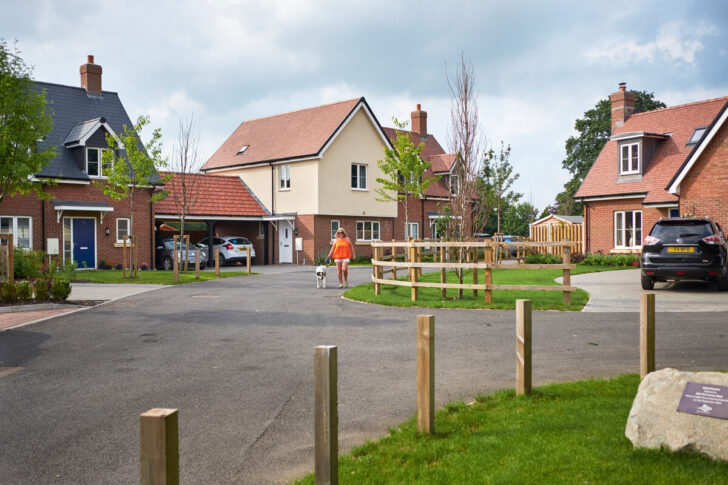
Affordable housing is popular with the public too. Our survey with YouGov showed that opposition to new development halves if houses are affordable, showing that delivering the right homes for communities is not only the right thing to do – but can pass through the planning system without hostility.
With Labour aiming to build 1.5m homes over the next five years, we’re calling for change. Not more of the same: the big housebuilding lobby monopolising the industry, delivering poor quality, car-dependent executive homes and stifling housing supply to maximise their already eye-watering profits. At the Labour Party Conference this year, we joined forces with the Federation of Master Builders to host a panel discussion, and produced a policy paper calling on the government diversify the housing industry – bringing more small and medium sized housebuilders into the mix which have a track record of building affordable homes in sustainable places.
Our countryside next door
Protecting and enhancing the Green Belt – the countryside around our towns and cities – is always a campaigning priority for us. In addition to us strongly urging the government to maintain its commitment to the Green Belt in our manifesto – and with MPs – we also published a series of essays celebrating what the Green Belt has to offer. The collection, called Perspectives on the Urban Edge, featured a number of influential voices, from Baroness Barbara Young to Dieter Helm, professor of economic policy at Oxford University.
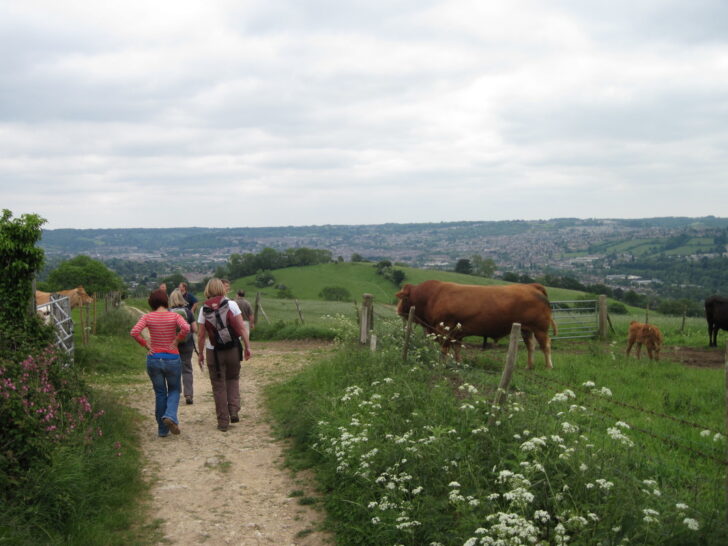
We asked you what you thought too. Our poll with YouGov showed that the vast majority value access to the countryside close to where they live. It couldn’t be clearer that the Green Belt – the countryside next door for millions – is deeply valued by people. On top of that, and beyond even its original function (to protect against urban sprawl), we know that the Green Belt is critical for food security, climate mitigation, and is home to vitally important habitats for nature. With the right approach, it could offer even more: for people, planet and our ever-depleting wildlife.
More broadly, we joined 42 governing bodies and organisations to set up the Outdoors For All manifesto. The manifesto argues that to achieve the government’s targets to get more people active, we need to massively expand access to the outdoors – from paths to waterways.
Making a local impact
We couldn’t talk about our impact this year without celebrating our local groups. In addition to Hedgerow Heroes, local CPREs have made a huge impact in 2024, connecting people to the countryside as well as working to protect and enhance it. From creating a 200 mile circular walk around Greater Manchester andcreating rooftop solar mapping tools, to piloting the first ever ‘Countryside Day’, we’re thankful to our local groups for the change they are driving in their communities. In fact, our local groups achieved so much this year that we’ll be publishing another article in early 2025 celebrating their efforts – look out for that soon!
We need your support
It’s been a monumental year for CPRE. Together with our local groups, we’ve achieved a great deal – and we couldn’t do that without your support. There are so many ways you can get involved: you can sign up to receive emails from us, become a volunteer, join as a member or make a donation.
Whether it’s standing up for our Green Belt, holding our government to account on affordable housing, or kickstarting a rooftop solar revolution, we can make a difference together. Our countryside is finite, but so special to us all. However, there are more pressures on it then ever before – and we’re working hard be a voice for our countryside at a time where it is threatened from so many directions. You can expect even more from us in 2025 as we build up towards our centenary – and champion a thriving countryside, now and in the future.
